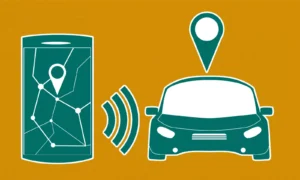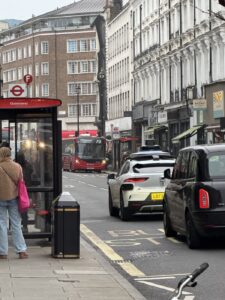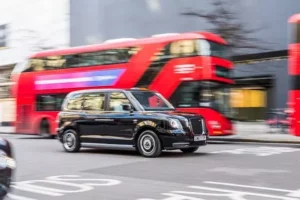60 countries have agreed to sign up to a United Nations Regulation aimed at the safe introduction of automated vehicles in certain traffic environments.
The United Nations Economic Commission for Europe-led code establishes strict requirements for Automated Lane Keeping Systems for passenger cars which, once activated, are in primary control of the vehicle. However, the driver can override such systems and can be requested by the system to intervene, at any moment.
This is the first binding international regulation of a level three driverless vehicle. The drafters say the new regulation “marks an important step towards the wider deployment of automated vehicles to help realise a vision of safer, more sustainable mobility for all”. It will enter into force in January 2021.
The Regulation defines safety requirements for emergency manoeuvres,
transition demand, when the System asks the driver to take back control and “minimum risk manoeuvres” – when the driver does not respond to a transition demand, in all situations the system shall minimise risks to safety of the vehicle occupants and other road users.
The regulation obliges car manufacturers to equip the vehicle with a “black box” which will record when ALKS is activated
ALKS can be activated under certain conditions on roads where pedestrians and cyclists are prohibited and which, by design, are equipped with a physical separation that divides the traffic moving in opposite directions. In its current form, the Regulation limits the operational speed of ALKS systems to a maximum of 60 km/h.
Japan and Germany led the drafting of the regulation which will apply across Europe, Japan and Canada.
























